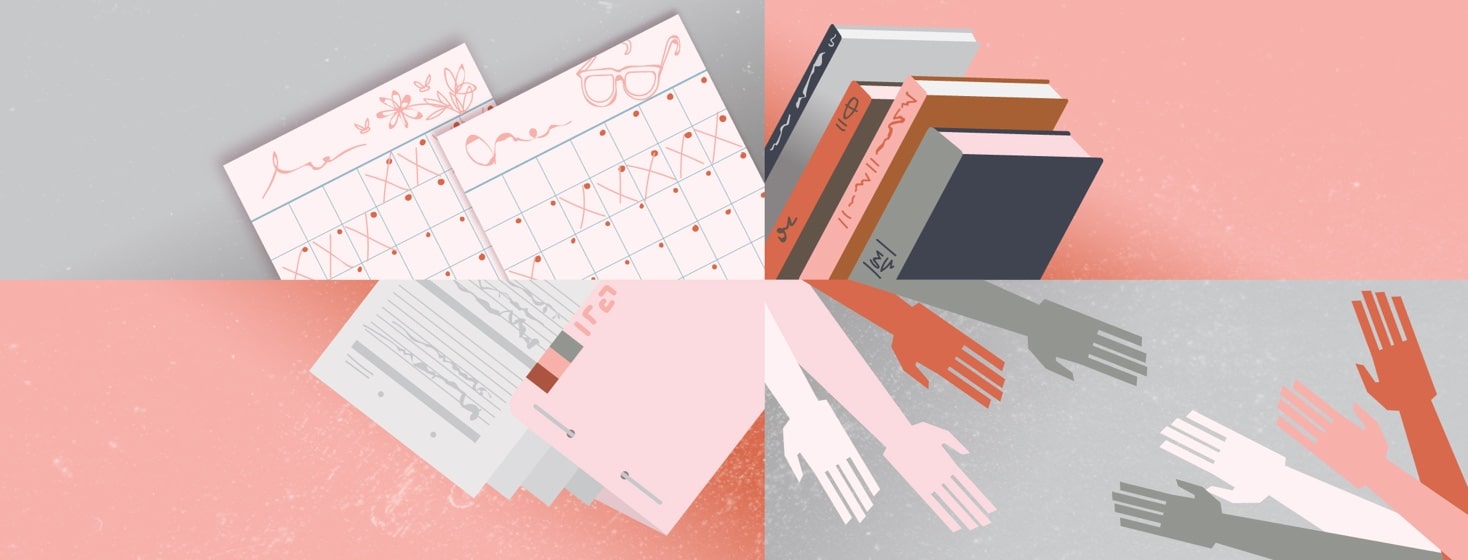4 Key Things To Do After Being Diagnosed
Since finding out I had endometriosis, identifying the information to manage my illness has been a tad challenging. Endometriosis is a disease that is still considered “mysterious” and takes almost a decade to diagnose. In fact, I credit my diagnosis to a friend with this illness. She listened to all of my symptoms and instead of giving me the puzzled expression I was used to, she said, “Sounds like you have endometriosis”. Thanks to her, I was able to work towards improving my life.
In this world of fake news and contradictory information, finding trustworthy literature on this illness is extremely necessary. Since my diagnosis, taking each of these actions has helped enormously:
Track your cycles... as much as possible
If you suffer from irregular periods, or intermittent bleeding, this may prove a bit difficult. However, having a rough idea of how your cycle works will give you valuable insight into how your hormones are behaving. Apps like Clue or Period Tracker Lite, allow you to easily keep hormonal changes in check.
Educate yourself on this disease
Books about endometriosis are on the rise. The same applies to recipe books for those of us challenged in the digestive department. It is also useful to read about hormones and continuously educate yourself on the advancements on this disease. Knowledge is power. However, be wary of “news” outlets that are fundamentally click-bait, and never read the comment sections.
Retrieve your medical records
After being diagnosed, I requested all of my files from the hospital that performed my first surgery. It’s very useful to build-up a folder you can bring to any doctor you visit. Like this, you can answer any questions about past treatments, ensure you’re not going around in circles, and aim for the right treatment.
Reach out to support groups
If possible, try to find fellow endometriosis patients. It may be via a local support group, an online forum, or even our own Endometriosis.net Facebook page. Speaking to others in a similar situation will not only do a great deal of good for your mental health, it will alleviate the loneliness and isolation that can come with this disease. It will also enable you to stay informed about alternative treatments, or discover who is the best doctor to reach out to. That is how I found the specialist that carried out my most recent surgery, and gave me so much of my life back.
Social media can be very useful as well, but beware of flooding your timeline with endometriosis tid bits. Most of the time, patients share their experiences when they are very frustrated at how things are going. We are all more vocal when we need to vent. It’s important to remember that each person’s experience is their own.
Endometriosis awareness is on the rise
Taking action on this disease is a very empowering thing to do. And while researching this illness may be hard work, endometriosis awareness is on the rise. There has never been this amount of information and support. The endo-community is growing, and the future is beginning to look a bit brighter.

Join the conversation